Are personal injury settlements taxable? If you’ve been in an accident, such as a car accident, you could be eligible for a personal injury settlement. This settlement, which generally takes the form of a cash payment that can be paid in a lump sum or over a period, is intended to right the negligent party’s wrongs and remedy the injuries suffered by the victim. If personal injury settlements are taxable, this could significantly impact the amount the victim receives.
In this blog, we answer this question and more to help you better understand the process of receiving a personal injury settlement. By understanding how the process works, including tax implications, you can better prepare yourself for what to expect when filing a personal injury lawsuit.
Table of Contents
How Personal Injury Claims Work Before You Receive a Settlement
Is it worth it to hire an attorney after a car accident? Without a doubt, the answer is yes. But it’s helpful first to know what exactly they can do to help you navigate the complexities of a personal injury claim.
Let’s start by walking through the key steps of a personal injury claim:
Initial consultation
Before filing a personal injury claim, it’s important to receive a consultation from an experienced personal injury lawyer. At the Paul Wilkinson Law Firm, we provide our potential clients with a free consultation so they understand their options before taking any additional steps. We can help you understand your case from a legal perspective and help you identify the best path forward. If we think you have a valid claim, we can help you build a case so you receive fair compensation for your injuries.
Filing important court documents
In the early stages of your personal injury claim, your attorney will file an official complaint on your behalf and assemble other important documents. They can also help you meet any official deadlines required by the court.
Discovery
During this phase, both sides will work to discover and gather evidence to build their cases. This evidence may take many forms, including photographs from the accident or eyewitness accounts. Both parties are allowed to gather depositions and sworn statements to support your claim. They may also consult with experts on your behalf who can provide valuable insight.
Settlement negotiations
Most personal injury claims are resolved during the negotiation phase. During this time, it’s essential to have a skilled mediator working on your behalf, as negotiations are never easy. Your personal injury lawyer will represent your interests to insurance representatives or other attorneys so that you can focus on your recovery.
Trial
While most settlements are resolved during the negotiation phase, there is always the possibility that the two sides will not be able to come to an agreement. When this occurs, your personal injury claim will have to go to trial in front of a judge. Representing your case to a judge is no easy task, and very few people feel comfortable doing so. Having a skilled attorney by your side through all these steps can help you achieve a favorable outcome for your suit.
Understanding What Happens After a Settlement
Managing a personal injury claim — from the initial consultation to the potential of going to trial — is a complex process designed to help you recover compensation for your losses. But what happens after you finally reach a settlement or receive a court award? Many clients are understandably concerned about how their settlement might impact them financially, especially when it comes to taxes.
Understanding whether personal injury settlements are taxable, and how federal and state tax laws apply, is a crucial part of managing your recovery successfully. In the next section, we’ll break down what you need to know about the tax implications of your personal injury settlement.
Are Personal Injury Settlements Taxed Federally?
As one of the most common questions we encounter concerning personal injury settlements, this is an important one. Generally, the answer is no: the money you receive from a personal injury settlement is not subject to state or federal taxes. But why is this? For many, it might seem too good to be true.
Essentially, personal injury settlements are usually not taxed because the purpose of the payment is to remedy the injuries inflicted by the negligent party. This payment is intended to make the victim whole and should not be taxed by your state or federal government. This is also partially because the settlement does not count as a type of income that the individual would have expected to receive.
In most cases, the types of personal injury damages that are not subject to personal injury settlement taxes in Colorado include:
- Medical bills and expenses.
- Property damages.
- Emotional pain and suffering damages.
Are There Parts of a Personal Injury Settlement That Can Be Taxed?
While the portion of your personal injury settlement intended to pay for damages for injuries or illnesses will generally not be taxed, some portions of a settlement may be taxable. For example, punitive damages received as part of a personal injury settlement may be taxed at the state and federal levels. Punitive damages tax implications are designed to punish the defendant and discourage future actions from occurring. Thus, this portion of the settlement is not directly tied to the non-taxable personal injury damages designed to remedy an injury.
Additionally, there are other circumstances where parts of your settlement are taxed. One example is if you may have deducted the cost of certain medical expenses (resulting from the personal injury) from your taxes on the previous year. In this scenario, you’ll be obligated to include the medical expense deductions and settlements as part of your taxable income. The final scenario would be if post-judgment interest accrues on your settlement amount.
Conclusion – Are Personal Injury Settlements Taxable?
If you’ve been injured by the negligent actions of another person, business, or government organization, you have the right to file a personal injury claim. When a personal injury claim is successful, the plaintiff receives a personal injury settlement (generally in the form of a cash payment) as a form of restitution for their injuries. Since this payment is intended to remedy the negligent party’s wrongs and essentially make the victim “whole,” this payment is not subject to taxation. However, certain portions of the payment could be taxed, such as punitive damages.
The Paul Wilkinson Law Firm is a team of Denver personal injury attorneys committed to your success. Our specialized team of injury lawyers will help you understand your case, determine its true value, negotiate on your behalf, and, if needed, even fight for you in court. When you call Paul Wilkinson, you’ll receive immediate and comprehensive support for your case. We’ll meet with you on your schedule and begin researching your case immediately. And since our law firm operates strictly on contingency fees, there’s no risk to you. We only get paid if we win your case.
Contact us today to schedule a free consultation. We look forward to helping you receive the justice you deserve. Call Paul today!
Personal Injury Settlement Taxes: Frequently Asked Questions
The tax implications of a settlement after a personal injury claim can be unclear, especially when certain types of damages may be treated differently. Whether you’ve settled a case in Denver or anywhere else, it’s important to know what parts of your settlement could be taxable — and how you can protect as much of your compensation as possible. Below, we answer some of the most common questions about personal injury settlement taxes.
Is Emotional Distress Settlement Money Taxable?
Generally, compensation for emotional distress resulting from a personal injury is not taxable. Nevertheless, if the emotional distress is unrelated to your physical injury — for example, distress caused by discrimination or defamation — the settlement may be considered taxable income. If you’re filing a personal injury claim in Denver, it’s important to work with an experienced personal injury attorney who can properly categorize your damages to ensure you maximize your tax-free compensation.
Are Lost Wages from a Personal Injury Settlement Taxed?
Yes, the portion of your settlement that covers lost wages is typically taxable. Because lost wages are considered replacement for income you would have earned and paid taxes on, the IRS treats them the same way as your regular earnings. If your Denver personal injury settlement includes compensation for missed work, you should be prepared for that portion to be subject to both federal and state taxes.
How Do I Report a Taxable Settlement on My Taxes?
If any portion of your settlement is taxable, you’ll need to report it on your federal income tax return. It’s important to work with a tax professional who understands the specific reporting requirements for settlement income to avoid mistakes when filing.
How Can a Lawyer Help Minimize the Tax Impact on a Settlement in Denver?
A knowledgeable personal injury lawyer can structure your settlement carefully to minimize tax exposure. For example, they can help separate taxable damages (like lost wages or punitive damages) from non-taxable damages (like medical expenses and physical pain and suffering) in the settlement agreement. In Denver and throughout Colorado, experienced attorneys often negotiate how the settlement is described in official documents to protect as much of the settlement as possible from taxation. Consulting with both your lawyer and a tax advisor ensures you receive the maximum financial benefit from your case.


